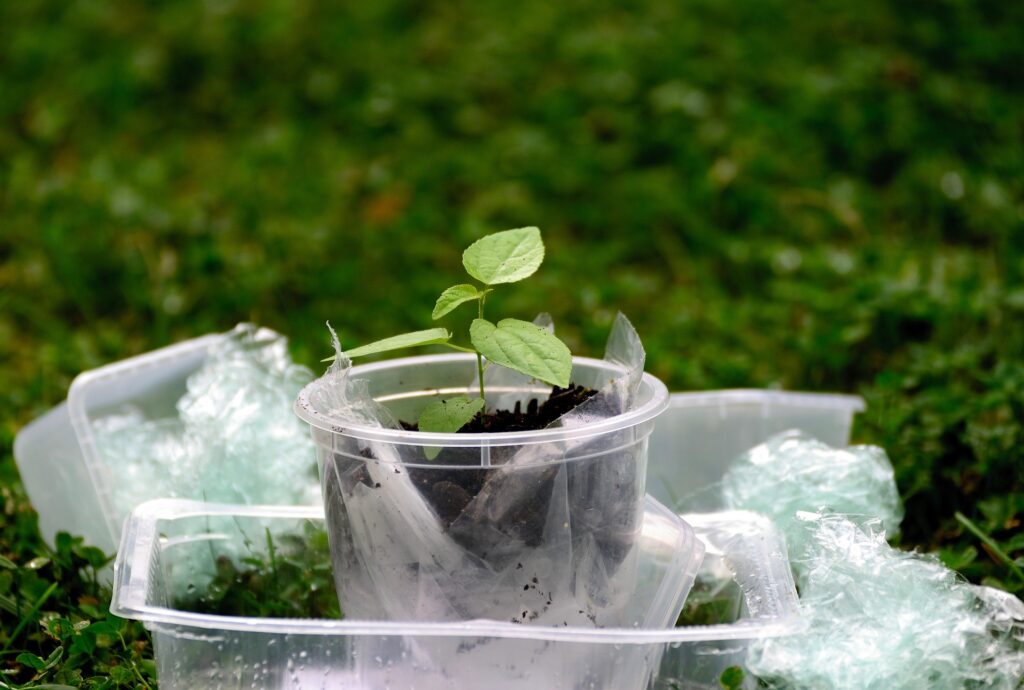A shorter version of this article was published in The Standard on December 18th 2023.
In a previous article, I spoke about local organizations and citizen-led groups being the best means by which we can bring about meaningful change in society. As an environmentalist passionate about social and environmental justice, the question that most interests me is: “How can we build a locally-led movement that fights for the environmental rights of Kenyans?”
It is first important to take stock of the current situation. Most of the environmental advocacy work is conducted by non-governmental organizations (NGOs). The primary business model of most of these NGOs is foreign-funded projects. These projects “pay the bills” and are the mainstay of the NGOs, while the advocacy work tends to be ad hoc as and when crises occur.
This reliance on foreign-funded projects raises important concerns. The first is that advocacy work and environmental justice cannot be achieved through neat time-bound project deliverables. Advocacy work is messy and political, timelines unclear and success is guaranteed. The reliance on project funding means that NGOs are staffed and structured for project delivery; the staff often don’t have the skills and abilities to run advocacy campaigns, mobilize the general public and shape public opinion. Lastly, the legitimacy of these NGOs can be questioned. NGOs and activists are often referred to as the “puppets of their foreign masters”.
Kenya needs environmental organizations whose sole mission is advocacy work. Their staffing, skill sets, and structure should be reflective of this mission. They should be primarily funded locally through a combination of individual donations, private philanthropy, and other financial mechanisms that are self-sustaining such as trust funds and endowments. This ensures flexible and long-term resourcing suited to the demands of advocacy work, eliminates the reliance on foreign funding and secures legitimacy. The establishment of a local membership or supporter base would serve to form a political constituency that these organizations work on behalf of and represent, further increasing their legitimacy.
What kind of work would such organizations do? I have identified 3 areas of work. The first is environmental education. Kenyans should be aware and informed about their environmental rights and the law. Such citizen education would allow active and responsible citizens to play a full part in an environmentally conscious society. The second area of work would be advocacy. Not only would this address current issues in policy and practice, but it can operate in a proactive way by pushing, for example, for better air and water quality standards. And finally, such organizations would be involved in public interest litigation as a last resort to address the worst of our environmental injustices. Public interest litigation would help seek and justice and set precedent to deter such happening again in future.
NGOs in Kenya and their dedicated staff have for decades played an important role in protecting and managing the environment. They deserve our greatest respect. Given the growth trajectory of our country, the threats to our environment will only increase. The time is ripe for a new breed of environmental organizations to emerge in Kenya – locally supported and that can fully participate in the political processes that are required to make meaningful change.

